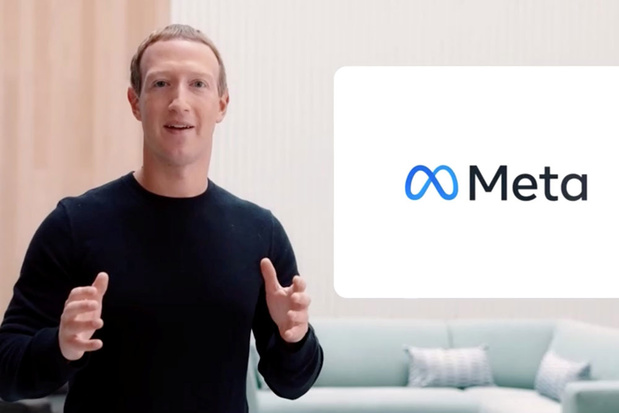Meta wants to build generative AI into apps
- February 28, 2023
- 0
Mark Zuckerberg Facebook parent Meta has put together a new production team to integrate the popular technology into products like Instagram, Facebook and WhatsApp. That writes CEO Mark
Mark Zuckerberg Facebook parent Meta has put together a new production team to integrate the popular technology into products like Instagram, Facebook and WhatsApp. That writes CEO Mark


Mark Zuckerberg
Facebook parent Meta has put together a new production team to integrate the popular technology into products like Instagram, Facebook and WhatsApp.
That writes CEO Mark Zuckerberg in a post. “First, we want to focus on developing creative and expressive tools. In the longer term, we can also develop AI personas that can help people. The team has to work across groups to develop and integrate both “text experiences” (in WhatsApp and Messenger) and image services (like filters on Instagram and new advertising formats).
In practice, this means Meta is jumping on the Generative AI bandwagon, the technology that powers chatbots like ChatGPT and image generators like Stable Diffusion. The move comes a few months after these two technologies were unveiled to the public and highly acclaimed. Since then, Microsoft has invested heavily in OpenAI to bring the chatbot to Bing and the company’s Office programs. Meanwhile, Google has announced its own language algorithm, Bard.
Meta therefore seems a little more cautious about jumping on the bandwagon in this regard, but the company says it’s been working on its own voice robot called LLaMA for a long time. The algorithm was released last week. In this case it is a voice generator that you cannot use to chat, like ChatGPT. The focus seems to be mostly on academic research, and the algorithm can be used freely by universities, NGOs and laboratories. Judging by announcements about Zuckerberg’s “personas,” Meta may also be hoping to introduce chatbots and similar assistants in the future.
That writes CEO Mark Zuckerberg in a post. “First, we want to focus on developing creative and expressive tools. In the longer term, we can also develop AI personas that can help people. The team has to work across groups to develop and integrate both “text experiences” (in WhatsApp and Messenger) and image services (like filters on Instagram and new advertising formats). In practice, this means Meta is jumping on the Generative AI bandwagon, the technology that powers chatbots like ChatGPT and image generators like Stable Diffusion. The move comes a few months after these two technologies were unveiled to the public and highly acclaimed. Since then, Microsoft has invested heavily in OpenAI to bring the chatbot to Bing and the company’s Office programs. Meanwhile, Google has announced its own language algorithm, Bard. Meta therefore seems a little more cautious about jumping on the bandwagon in this regard, but the company says it’s been working on its own voice robot called LLaMA for a long time. The algorithm was released last week. In this case it is a voice generator that you cannot use to chat, like ChatGPT. The focus seems to be mostly on academic research, and the algorithm can be used freely by universities, NGOs and laboratories. Judging by announcements about Zuckerberg’s “personas,” Meta may also be hoping to introduce chatbots and similar assistants in the future.
El Bellens
Source: Data News
As an experienced journalist and author, Mary has been reporting on the latest news and trends for over 5 years. With a passion for uncovering the stories behind the headlines, Mary has earned a reputation as a trusted voice in the world of journalism. Her writing style is insightful, engaging and thought-provoking, as she takes a deep dive into the most pressing issues of our time.